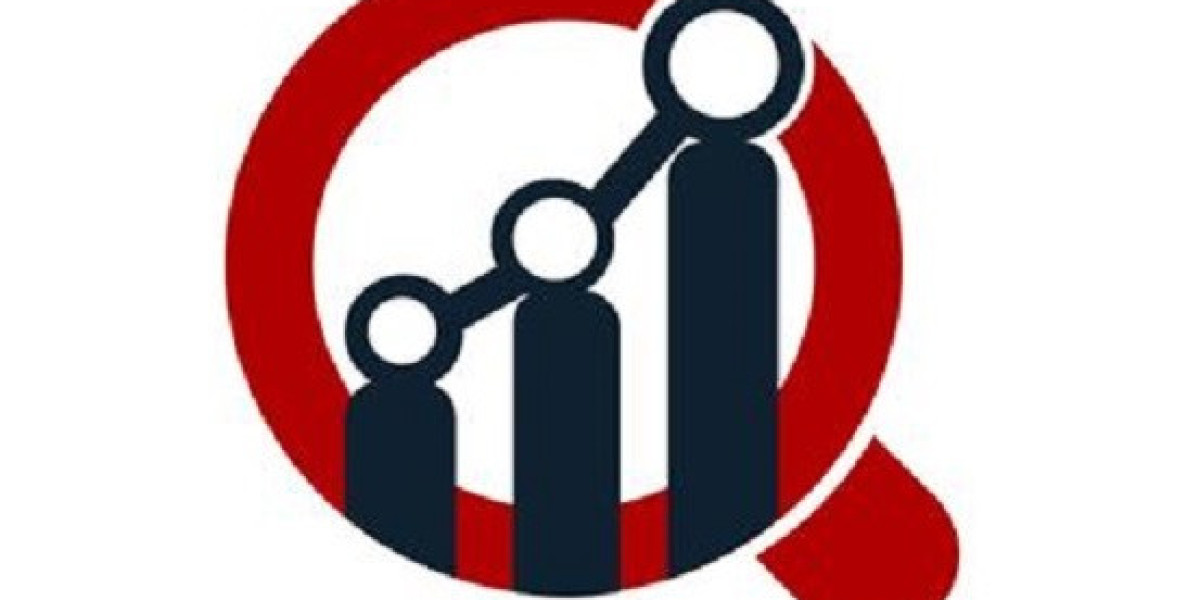Revolutionizing Healthcare Insights: How the Life Science Analytics Market Shapes the Future of Precision Medicine
The global Life Science Analytics Market is undergoing a remarkable transformation as data-driven solutions redefine how healthcare professionals analyze patient outcomes, drug effectiveness, and disease patterns. As advanced analytics and artificial intelligence become integral to pharmaceutical research and clinical development, organizations are leveraging these technologies to enhance decision-making. According to the Life Science Analytics Market analysis, this sector is expected to witness exponential growth due to the rising adoption of real-time data platforms and the increasing need for personalized medicine. With healthcare providers seeking faster drug discovery and regulatory compliance, analytics tools offer predictive insights that improve efficiency, reduce costs, and enhance patient safety. The integration of cloud computing and big data further accelerates innovation across clinical trials and biotechnology research.
Moreover, the surge in chronic diseases worldwide has emphasized the demand for advanced life science analytics solutions. These systems help in detecting disease progression, optimizing supply chains, and streamlining clinical workflows. As pharmaceutical companies collaborate with analytics firms, they gain a competitive edge by translating complex biological data into actionable strategies. Moving forward, the Life Science Analytics Market is set to empower organizations with deeper visibility into operations and patient trends, driving an era of smarter healthcare decisions and sustainable innovation across the global healthcare ecosystem.
FAQs
Q1: What drives the growth of the Life Science Analytics Market?
A1: Increasing digitalization, rising demand for precision medicine, and the integration of AI in healthcare are key drivers.
Q2: Which sectors benefit most from life science analytics?
A2: Pharmaceuticals, biotechnology, and clinical research organizations benefit the most.
Q3: How does analytics improve drug development?
A3: It enables faster data interpretation, improves trial efficiency, and enhances regulatory compliance.
Q4: What role does AI play in life science analytics?
A4: AI helps in predictive modeling, pattern recognition, and automating data-driven decisions.








